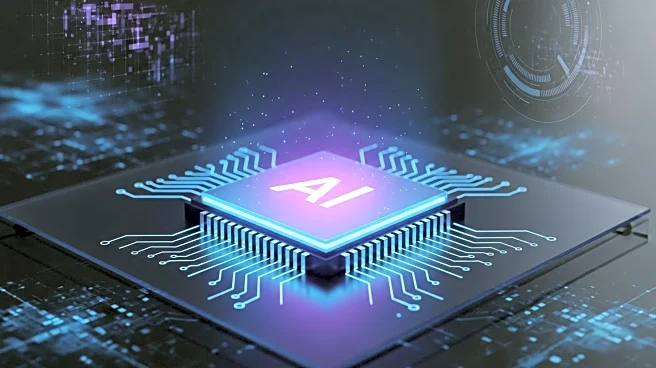What is the story about?
What's Happening?
The Model Context Protocol (MCP), introduced by AI company Anthropic, is gaining traction as a standard for AI interoperability. Major tech companies like Microsoft, Google DeepMind, and OpenAI have announced their support for MCP, which aims to provide a standardized way to connect AI models to various data sources and tools. This development is likened to the universal USB-C standard for device connectivity. MCP allows AI systems to integrate seamlessly, enabling new workflows and applications, particularly in legal tech. However, the protocol also poses risks, as it can allow AI to take actions, potentially leading to accidental changes in connected systems.
Why It's Important?
The adoption of MCP is significant for industries relying on AI, particularly legal tech, as it facilitates the integration of disparate systems, reducing complexity and fostering collaboration. This shift could lead to increased efficiency and innovation, as companies can leverage AI to automate processes and create new services. However, the ability of AI to take actions through MCP raises concerns about security and data integrity, necessitating careful management of permissions and exposure. The protocol's widespread adoption could redefine competitive advantages, emphasizing openness and connectivity over proprietary systems.
What's Next?
As MCP becomes more widely adopted, companies and law firms are expected to explore new partnerships and integrations, potentially transforming their operations and service offerings. The focus will likely be on balancing the benefits of interoperability with the need for robust security measures to prevent unintended actions by AI systems. Stakeholders will need to address these challenges to fully harness the potential of MCP while mitigating risks.
Beyond the Headlines
The introduction of MCP could lead to broader ethical and legal discussions about AI's role in decision-making processes and the responsibilities of companies in managing AI actions. As AI systems gain the ability to act autonomously, questions about accountability and control will become increasingly relevant, prompting potential regulatory considerations.















